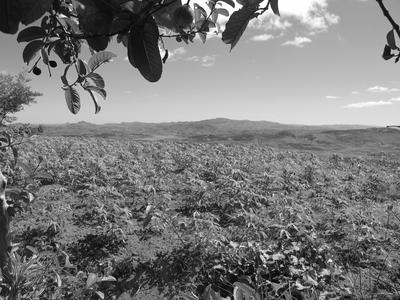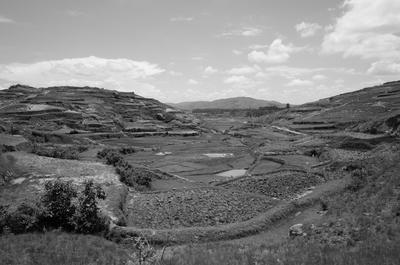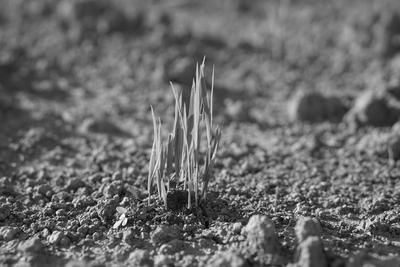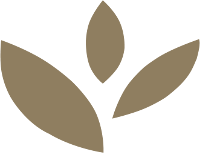Organic and sustainable farming in Madagascar
Madagascar is a country where most of the farming is still done according to ancient traditions, which means without use of artificial fertilisers and pesticides. Like in some other developing countries, in Madagascar not many crops can be verified by independent certification organisations, although most agricultural products are in fact by default naturally organic. This differs from mass-farming methods performed in certain
industrial countries, which make use of synthetic pesticides
and antibiotics to maximise
yield and profit for agriculture industries and various food companies
with negative long-term effects on soil quality and
farmlands.
This differs from mass-farming methods performed in certain
industrial countries, which make use of synthetic pesticides
and antibiotics to maximise
yield and profit for agriculture industries and various food companies
with negative long-term effects on soil quality and
farmlands.In Madagascar on the other hand, farming is charactarised by countless small family-run farms which cultivate crops firstly for their own needs and secondly to trade in various marketplaces, some of which are destined for export.
 Meanwhile, in many industrialised countries where farming
has been contaminated by industrialisation and artificial pesticides
for decades combined with increasing consumer awareness,
the demand for biologically certified products has as a result risen
steadily since late last century.
Meanwhile, in many industrialised countries where farming
has been contaminated by industrialisation and artificial pesticides
for decades combined with increasing consumer awareness,
the demand for biologically certified products has as a result risen
steadily since late last century.For consumers to better distinguish between organic and non-organic products, various bio-certification labels have been created, giving a clearer choice as well as added confidence in organically produced products.
 The concept of bio-certification often presumes that certain
farmlands and their crops can be restricted to specific farm areas
defined as organic, although the effects of
industrialisation on the complete eco-system are more
complex and far-reaching.
The concept of bio-certification often presumes that certain
farmlands and their crops can be restricted to specific farm areas
defined as organic, although the effects of
industrialisation on the complete eco-system are more
complex and far-reaching.In Madagascar, the same type of certification is not always possible, partly because most farms are not large organisations, but rather countless individual family farms which can not necessarily afford to have their crops biologically analysed and certified by an independent organisation.
Anyone having visited rural Madagascar would have noticed that man and ox-powered ploughs and carts are more commonplace sights than diesel-powered machinery. Indeed, one aim of sustainability in organic farming is to minimise the reliance on fossil-fuel powered farming tools. In this sense, Madagascar is already well-ahead of industrial nations in practising organic farming.
As with most farmers in our region and certainly all products from Madagascar Spices would comply with the strictest standards set out by any bio-certification programme in existence if put to the test.
The above said, to meet the growing expectations for bio-certification by importers and consumers alike, especially in industrial nations, in 2018 we completed our first ECOCERT application for our vanilla, adding the 100% organic certification label to our already naturally organic vanilla products.
